Uncategorized
-
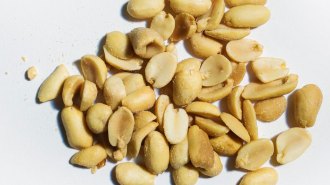 Health & Medicine
Health & MedicineLiquid mouth drops could one day protect people from peanut allergies
An immune treatment given as liquid mouth drops helped allergic children eat the equivalent of a few peanuts without having a reaction.
-
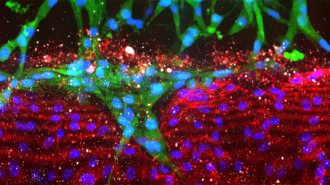 Health & Medicine
Health & MedicinePancreatic cancer tumors attack the blood vessels that deliver chemo drugs
Pancreatic cancer is nearly impossible to treat, but now we may know why. New research shows that the tumors destroy nearby blood vessels, making it harder for drugs to reach them.
By Alex Fox -
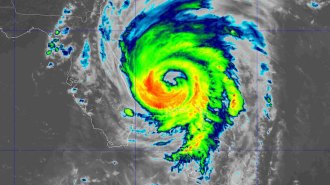 Earth
EarthHurricane Dorian’s slow pace makes it dangerous and hard to predict
Hurricane Dorian is one of several recent hurricanes that moved extremely slowly. Whether that's due to climate change isn't yet clear.
-
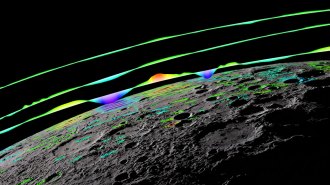 Space
SpaceIron sulfide may be keeping Mercury’s core toasty and its magnetic field alive
New estimates of how much heat Mercury’s core loses could explain why the tiny world has a long-lived magnetic field.
-
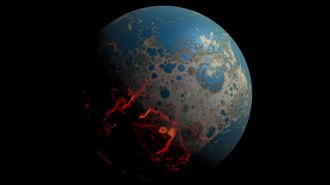 Earth
EarthHow ancient oceans of magma may have boosted Earth’s oxygen levels
Chemical reactions involving iron could have increased the amount of oxygen-rich compounds in the early Earth’s mantle, lab experiments suggest.
-
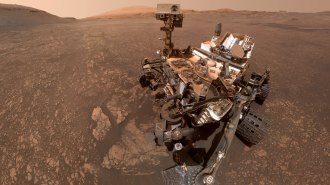 Space
SpaceOvernight changes in Mars’ atmosphere could solve a methane mystery
Overnight atmospheric changes on Mars can explain why two spacecraft measure vastly different concentrations of methane.
-
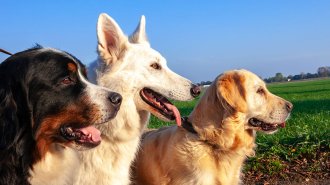 Life
LifeHuman meddling has manipulated the shapes of different dog breeds’ brains
By analyzing the shape of different dog breeds’ brains, researchers show how humans have manipulated the animals’ brain anatomy.
-
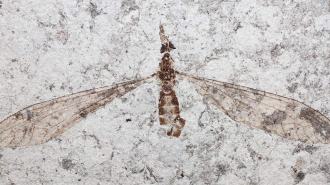 Life
LifeFly fossils might challenge the idea of ancient trilobites’ crystal eyes
Fossilized crane flies from 54 million years ago probably got their crystal lenses after death.
By Susan Milius -
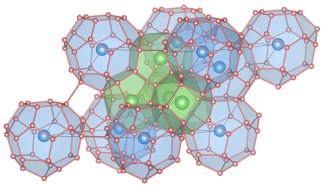 Physics
PhysicsA predicted superconductor might work at a record-breaking 200° Celsius
A material made of hydrogen, lithium and magnesium and squeezed to high pressures may be a superconductor even at especially high temperatures.
-
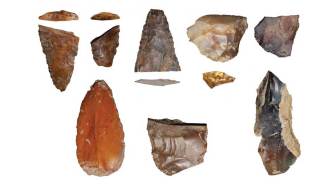 Humans
HumansStone tools may place some of the first Americans in Idaho 16,500 years ago
Newly discovered stone artifacts support the idea that North America’s first settlers traveled down the Pacific coast and then turned eastward.
By Bruce Bower -
 Genetics
GeneticsThere’s no evidence that a single ‘gay gene’ exists
Many genetic factors with small effects combine with one’s environment to influence sexual behavior, researchers say.
-
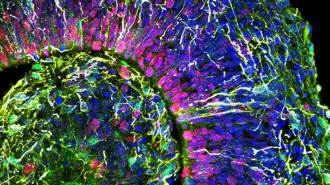 Neuroscience
NeuroscienceClumps of cells in the lab spontaneously formed brain waves
Nerve cells fired coordinated signals in brain organoids, 3-D clusters of cells that mimic some aspects of early brain development.